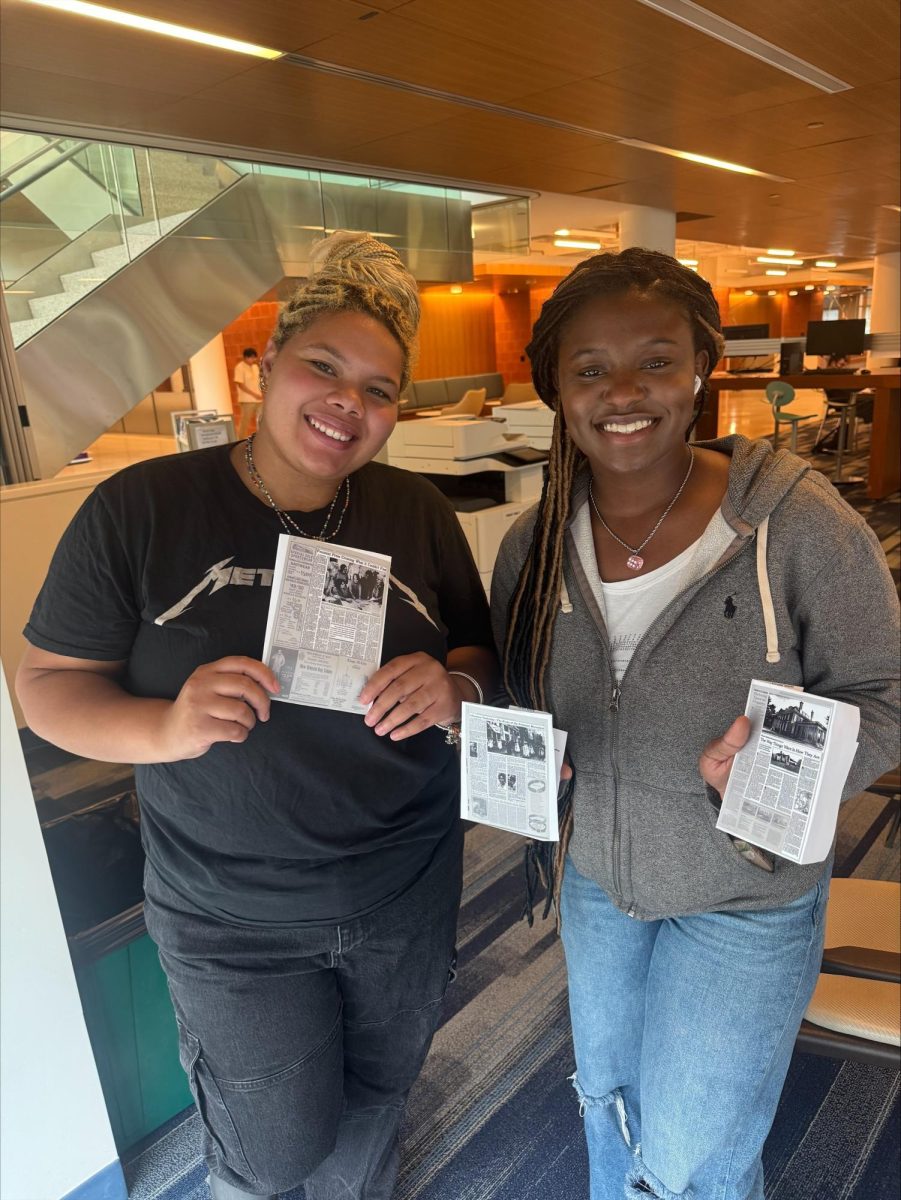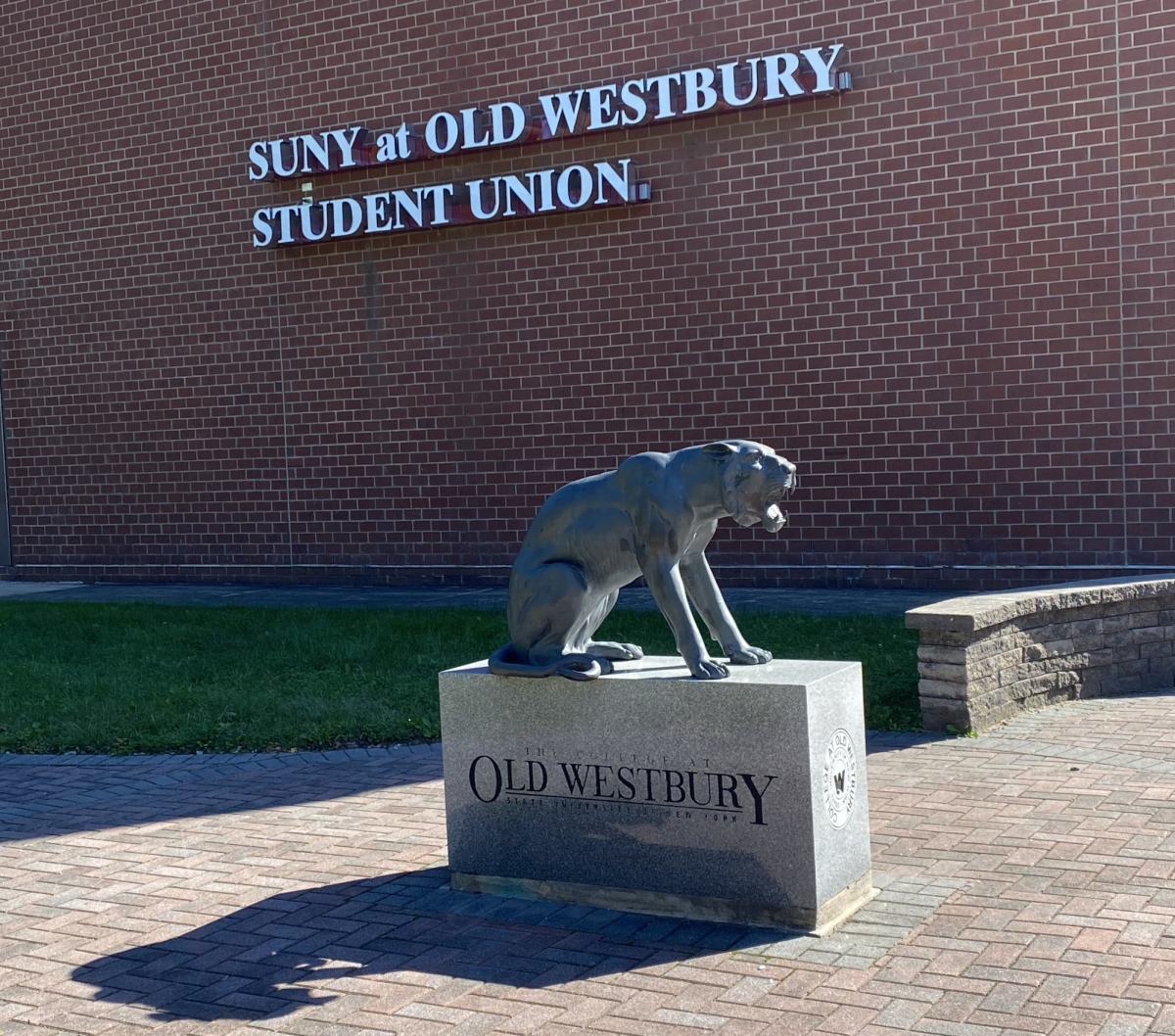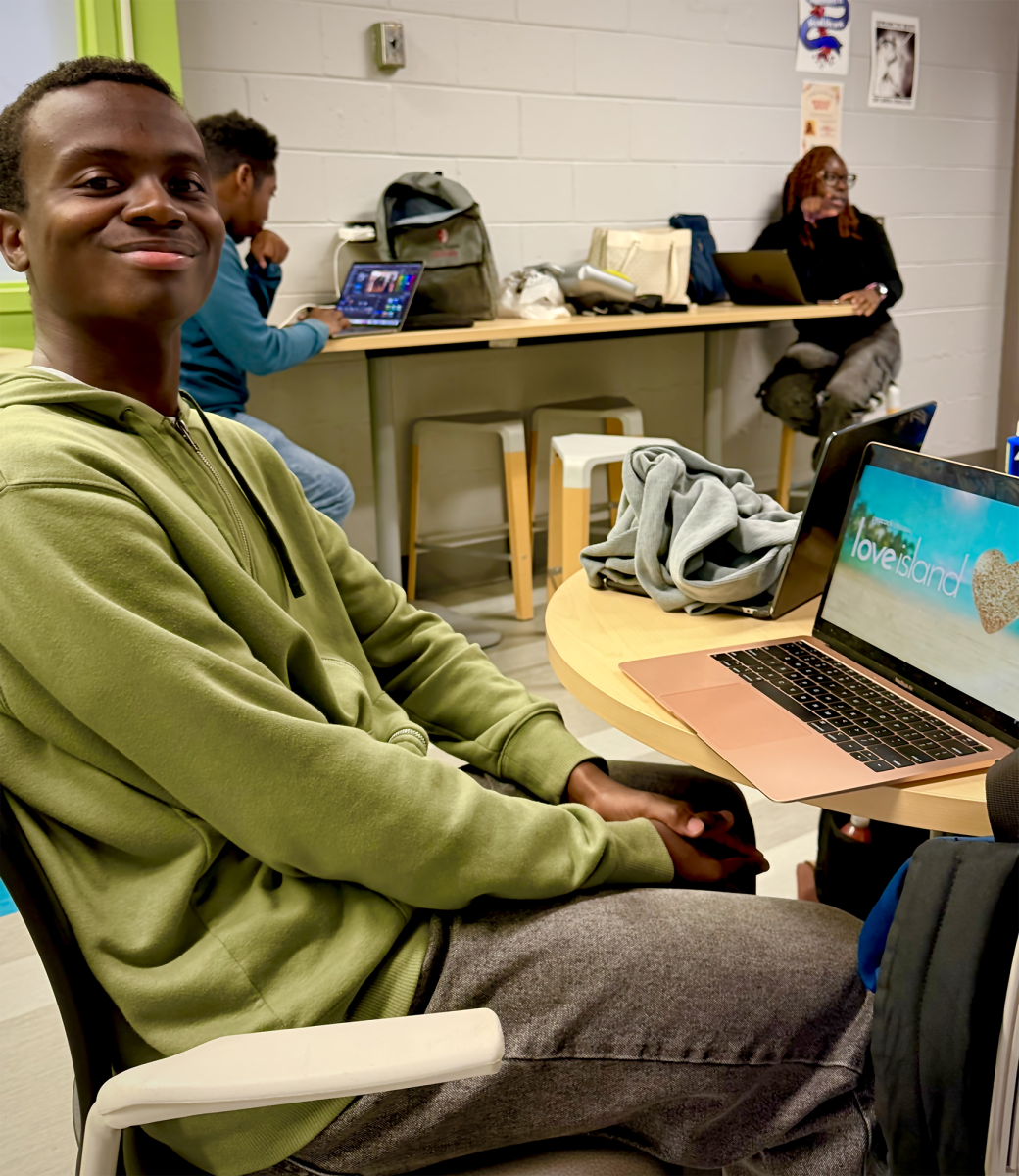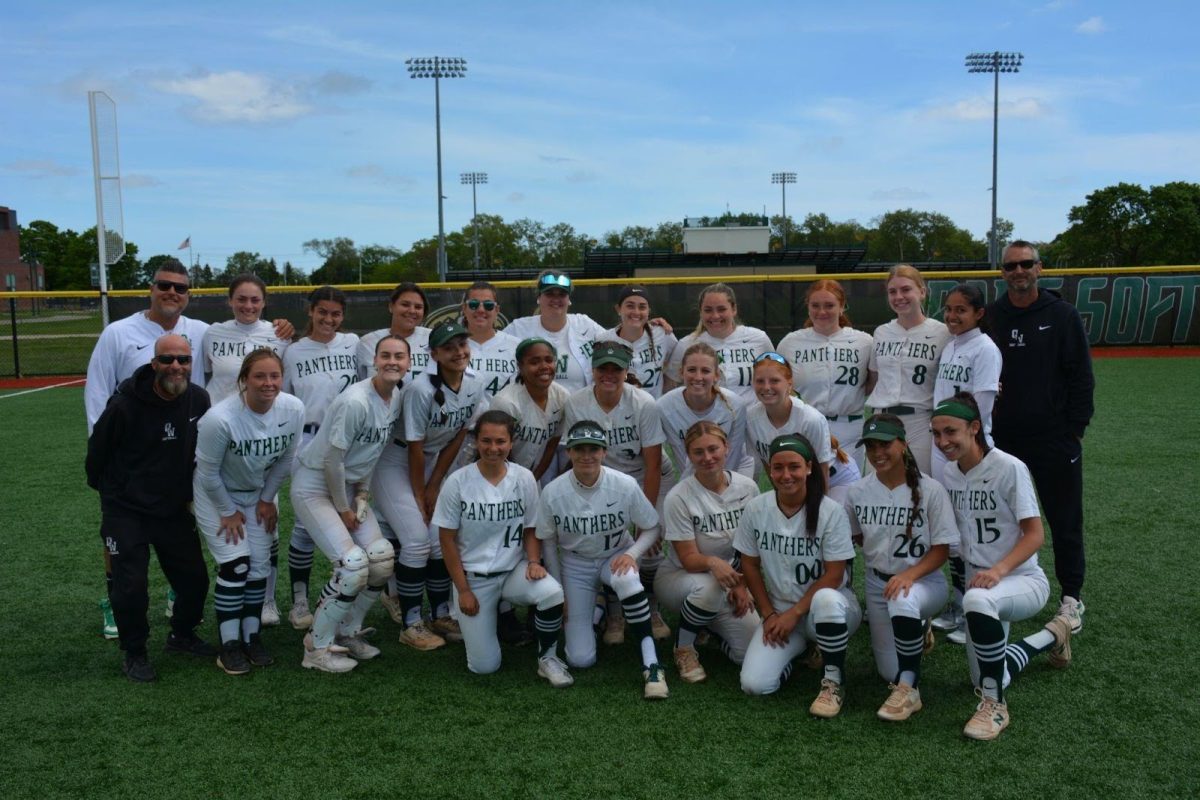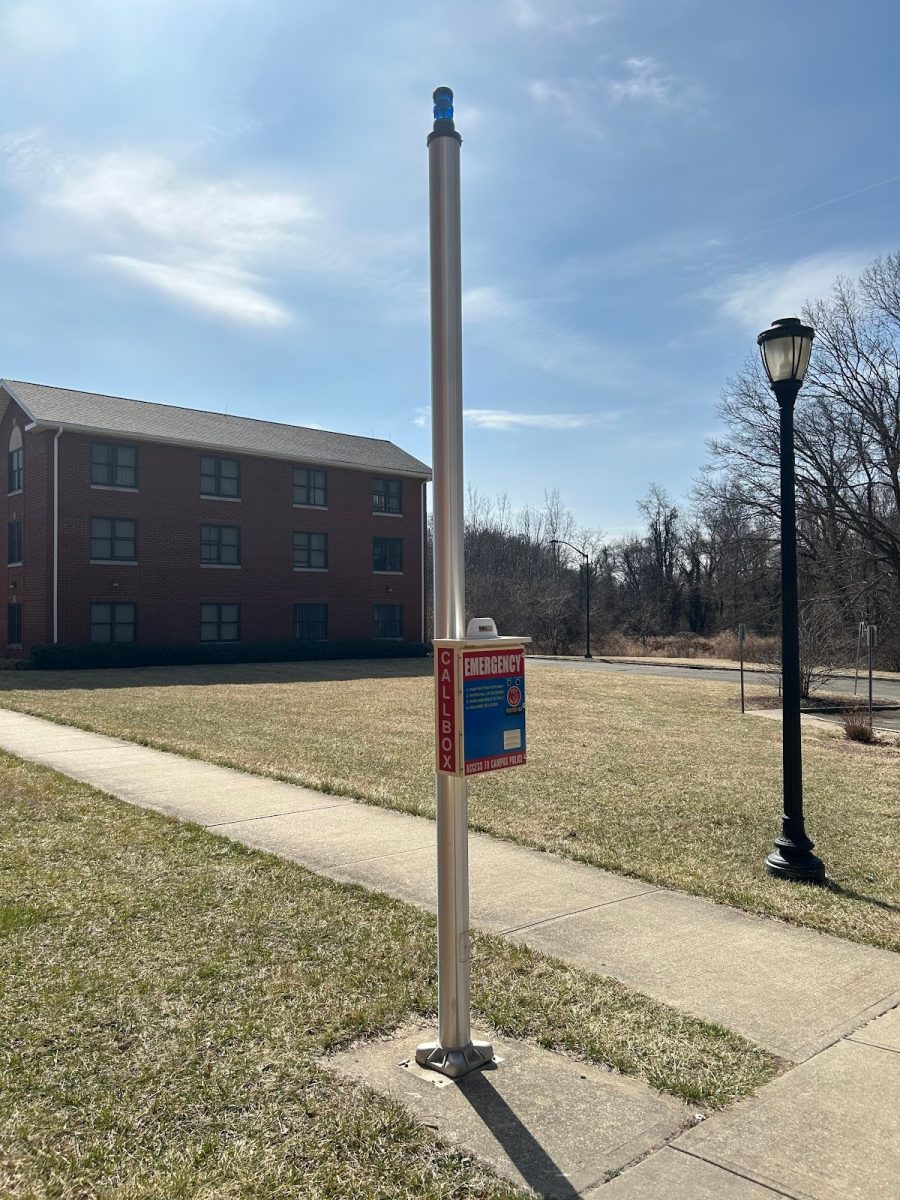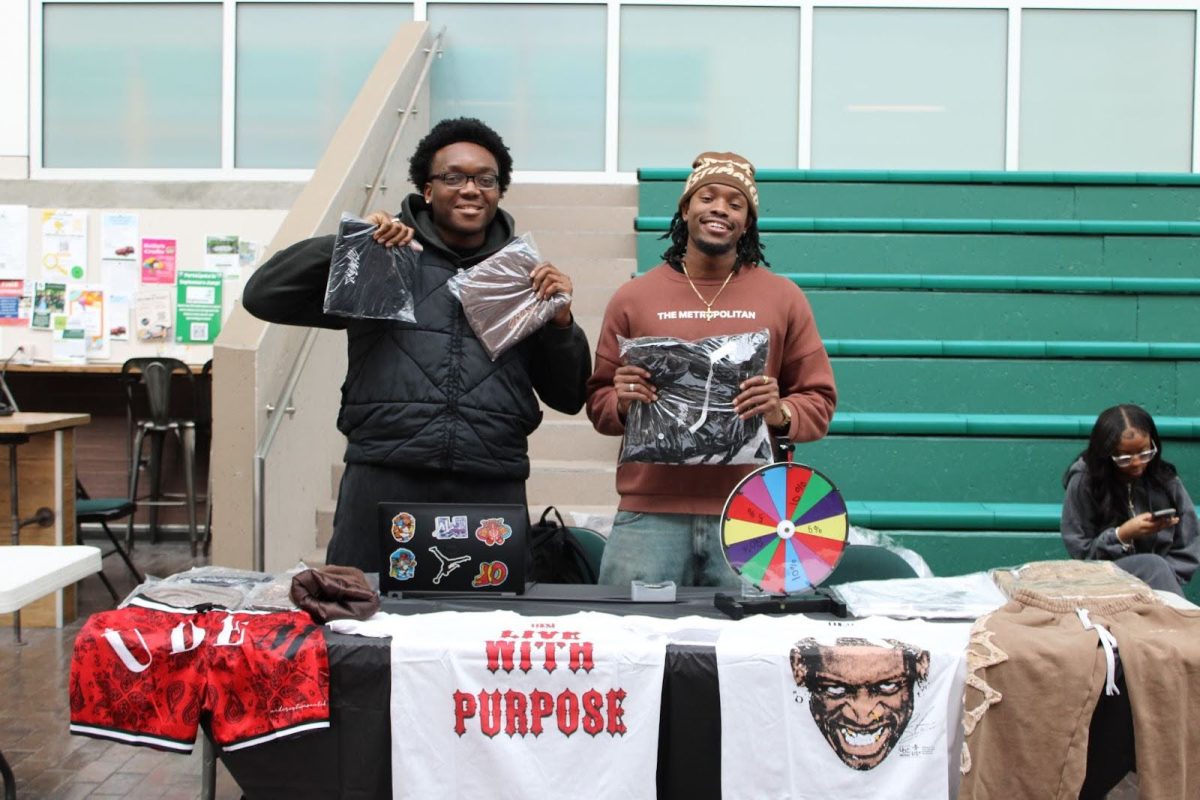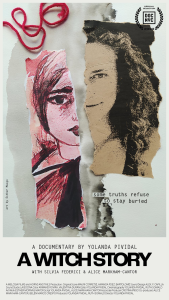
On April 5, 2023, the film, A Witch Story, directed by Spanish documentarian Yolanda Pividal, was screened on campus. The event was hosted by the Latinx and Iberian American Center, and the Women’s, Gender, and Sexuality Studies Center. The film is the story of the Salem Witch trials as told by Alice Markham-Cantor, the 11x great granddaughter of Martha Carrier, one of the accused hanged at Salem.
The film does not have much of a plot as it is more a presentation of ideas about how we view the witch trials and how the ideas that led to the trials still have a hold on us today. A major player in the film is Silvia Federici, a feminist professor based in New York who has devoted a lot of time to the history of the witch and has written many books on the topic, most notably Caliban and The Witch: Women, the Body and Primitive Accumulation, a Marxist look at the nature of the witch. In the film, both of these well-learned individuals have a wild look in their eyes; they have gained knowledge that has permanently altered their worldview and they cannot rest until the world hears their story.
The film primarily deals in the real world processes that went behind the witch trials, the rise of trade in colonial New England, and the grasping for power by local businessmen. These reasons are in stark contrast with what the general public assumes: the witch trials were a hysteria. The film staunchly opposes this assumption and provides insightful evidence against such claims. The film shows how the Salem town, and to a greater extent America, has cashed in on the idea of the witch. “The [Halloween] industry has made so much money on the exploitation of [the persecution] of the witch,” said director Pividal in a Q&A after the film.
While coming from a feminist perspective, the film also focuses on the current capitalist machine that exploits the worldwide witch hunt that gripped the early modern period, and still holds part of the world to this day, as displayed in the film. While showing Halloween decorations, all of which feature some kind of witch, the film is careful not to present itself in such a way, instead attempting to “[create] our own iconography,” as Pividal explains.
The film uses scenes from the early 20th century film, Haxan, a Danish horror film directed by Benjamin Christensen. I consider A Witch Story the direct descendent of Haxan as both deal with a more progressive, practical view of the witch that isn’t preoccupied with occult imagery, but instead the ways the accused were persecuted and scapegoated by those in power to further their own interests.
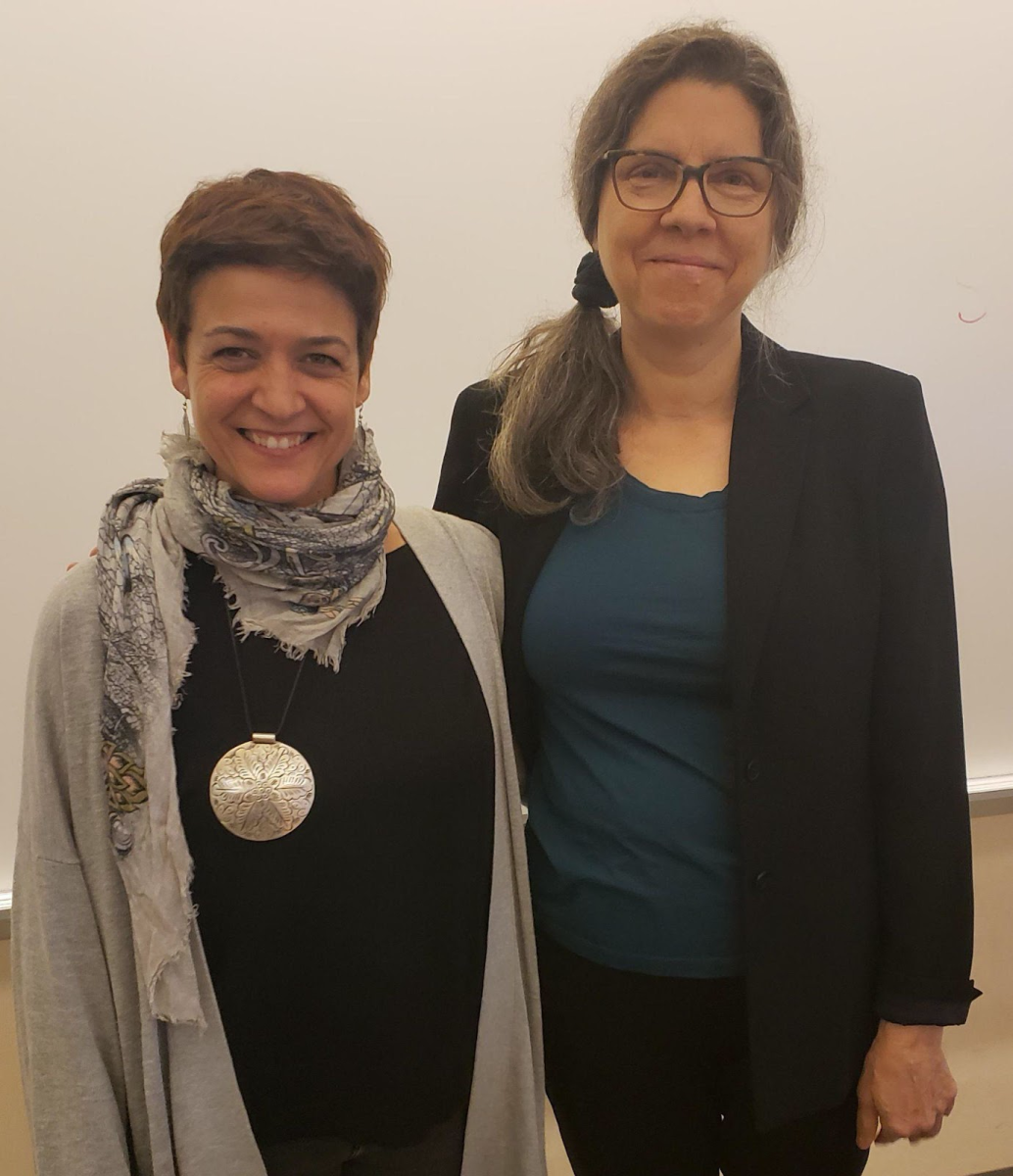
A Witch Story is an insightful film about the continued exploitation of a symbol that is synonymous with the brutal persecution and torture of women to this very day. Whenever it becomes available en masse, I implore all interested to watch.
Director Yolanda Pividel and Professor Amanda Frisken.



